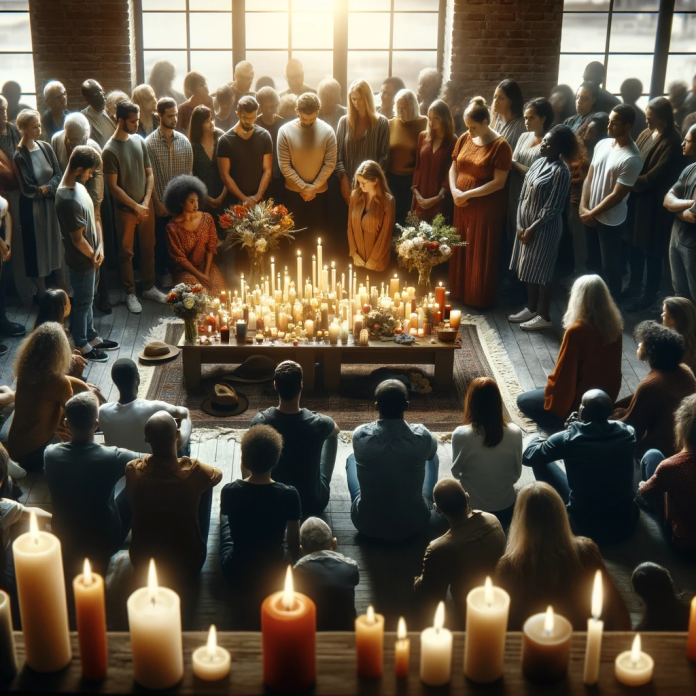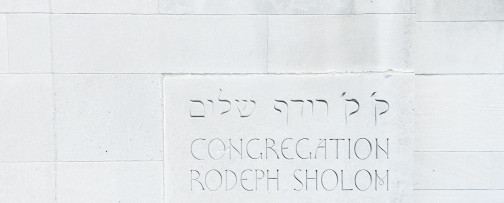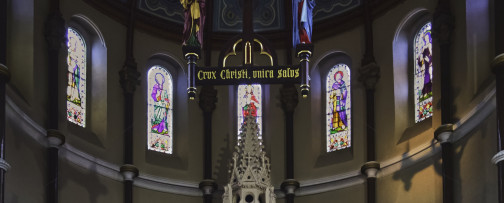When a cultural or community leader passes away, the impact is felt far beyond their immediate family and friends. The loss reverberates throughout the entire community, affecting everyone who looked up to them, learned from them, or was inspired by them. This article explores the unique aspects of grieving for a cultural or community leader, providing guidance and support for those navigating this challenging time.
Understanding the Role of a Cultural or Community Leader
A cultural or community leader plays a vital role in society. They are often the glue that holds a community together, providing guidance, inspiration, and support. They help to shape the identity of the community, fostering a sense of unity and shared purpose.
When such a leader passes away, the loss can be deeply felt by the entire community. The grief experienced can be complex and multifaceted, encompassing not only personal sorrow but also a sense of communal loss. This collective grief can be particularly challenging to navigate, as it involves not only dealing with one's own emotions but also supporting others in the community who are also grieving.
The Impact of Losing a Cultural or Community Leader
The loss of a cultural or community leader can have a profound impact on the community. It can lead to feelings of uncertainty and instability, as the community grapples with the loss of a key figure who provided guidance and direction.
Moreover, the loss of a cultural or community leader can also lead to a sense of collective grief. This is a form of grief that is shared by the entire community, and it can be particularly challenging to navigate. Collective grief can lead to feelings of helplessness and despair, as individuals struggle to come to terms with the loss of a leader who was integral to their community's identity.
How to Cope with the Loss of a Cultural or Community Leader
Allow Yourself to Grieve
One of the most important steps in coping with the loss of a cultural or community leader is to allow yourself to grieve. It's okay to feel sad, angry, or confused. These emotions are a normal part of the grieving process, and it's important to allow yourself to experience them fully.
Remember, there's no 'right' way to grieve. Everyone's grief journey is unique, and it's important to honor your own feelings and experiences. Don't rush yourself or try to suppress your emotions. Instead, allow yourself the time and space you need to heal.
Seek Support from Your Community
Another crucial step in coping with the loss of a cultural or community leader is to seek support from your community. Remember, you're not alone in your grief. The entire community is likely feeling the loss deeply, and it can be incredibly healing to lean on each other for support during this difficult time.
Don't hesitate to reach out to others in your community who are also grieving. Share your feelings, memories, and experiences. This can help to foster a sense of unity and shared purpose, helping to ease the sense of loss and uncertainty.
Remembering and Honoring a Cultural or Community Leader
Organize a Memorial Event
Organizing a memorial event can be a powerful way to honor a cultural or community leader. This could be a formal ceremony, a community gathering, or a simple moment of silence. The important thing is to create a space where people can come together to remember and honor the leader's life and contributions.
During the event, consider sharing stories and memories of the leader. This can help to keep their spirit alive and remind the community of the impact they had. It can also provide a sense of closure and help individuals to process their grief.
Continue Their Legacy
Another way to honor a cultural or community leader is to continue their legacy. This could involve carrying on their work, advocating for the causes they cared about, or simply living by the values they embodied.
Remember, a leader's impact doesn't end with their passing. By continuing their legacy, you can help to keep their spirit alive and ensure that their contributions continue to benefit the community.
Conclusion
Grieving the loss of a cultural or community leader can be a complex and challenging process. However, by allowing yourself to grieve, seeking support from your community, and finding ways to honor the leader's legacy, you can navigate this difficult time and find a path towards healing.
Remember, it's okay to feel a range of emotions during this time. Grief is a personal journey, and it's important to honor your own feelings and experiences. With time, support, and patience, you will find your way through this challenging time and emerge stronger as a community.
Recommended Products
- Wooden Comfort Holding Cross — A hand-carved comfort cross to hold during difficult moments
- How to Go on Living When Someone You Love Dies — Practical guidance for navigating life after a significant loss.
- Kosher Dried Fruit & Nut Tray — A kosher dried fruit and nut gift tray for sympathy


-banner.png)





